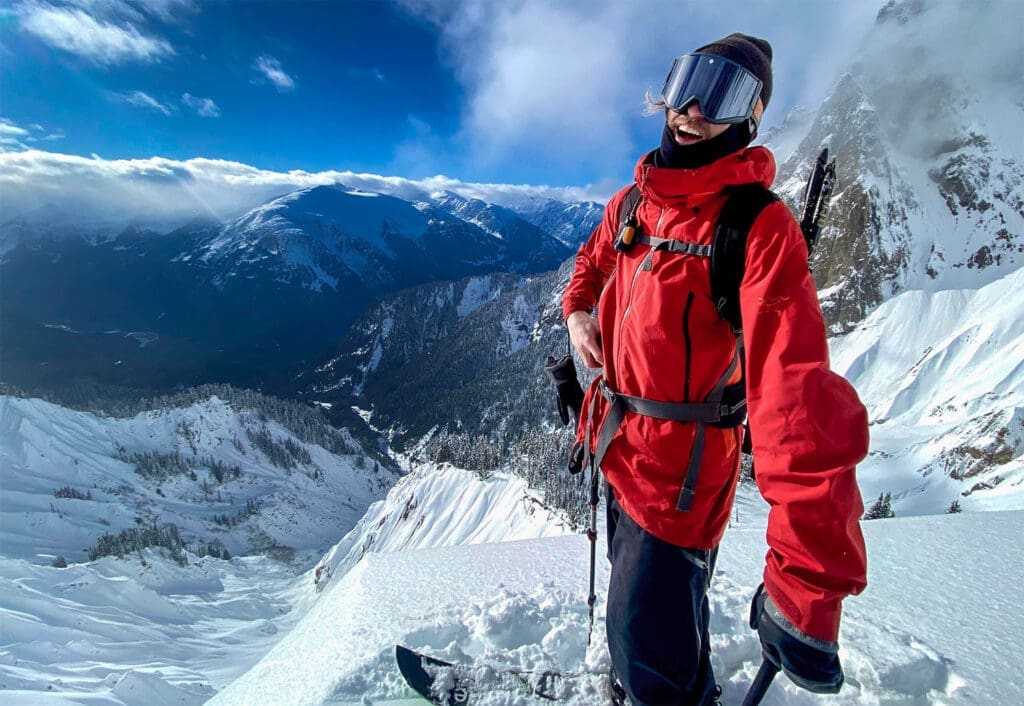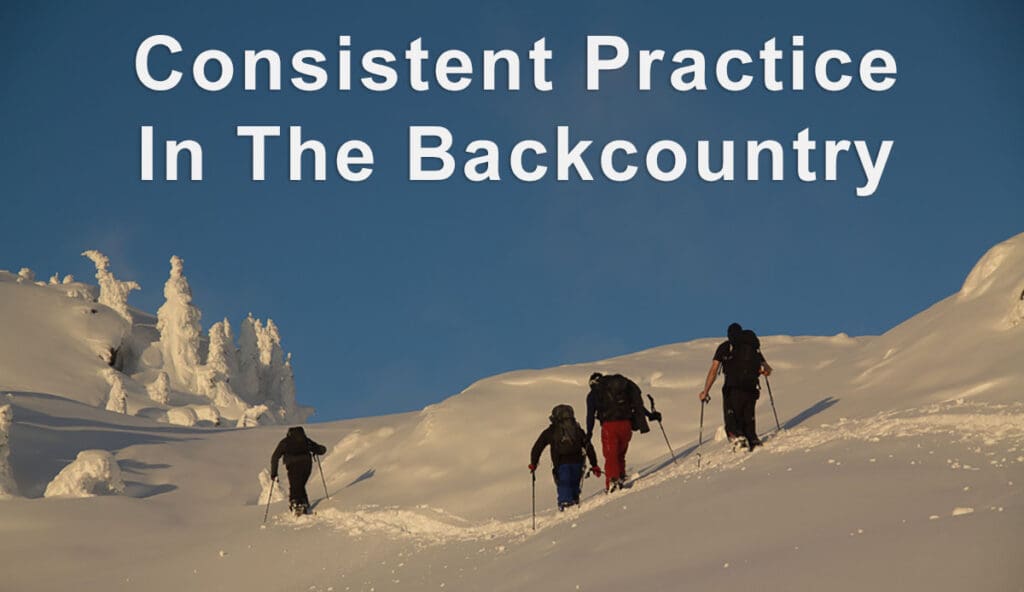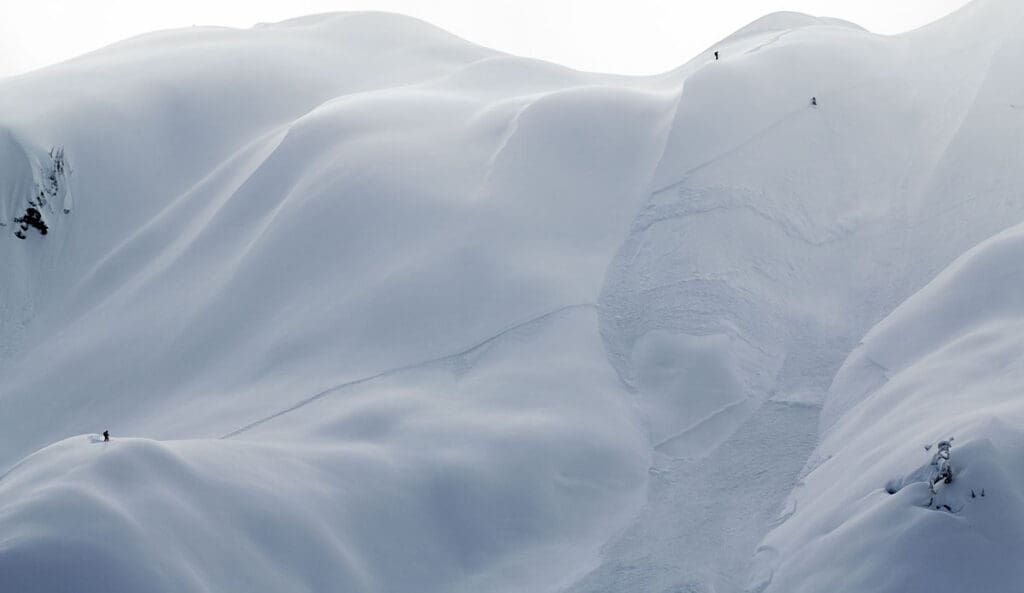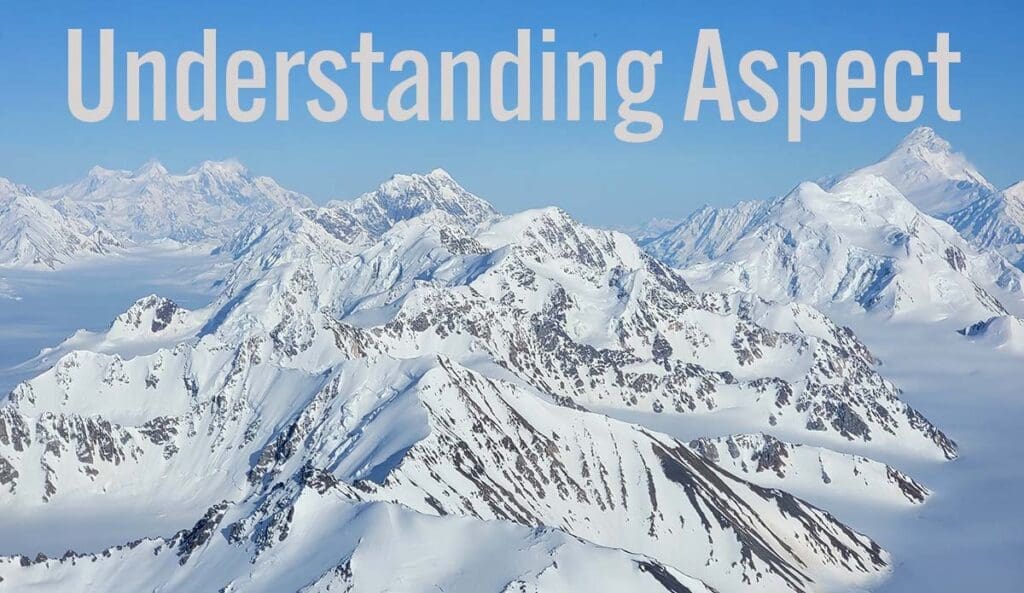Avalanches Can Happen To Anyone
Dave Henkel was a genius. Not the type of genius that most of society considers, but he is one who had life dialled in a way that bode well for him. He was a true trendsetter, and led the way for a generation of backcountry shredders in Whistler that didn’t seek the limelight. He wanted to snowboard to the best of his ability, and seek out mountains and lines that pushed him to his limit.
In Februrary 2021, that desire cost him his life. The problem was, however, that Dave had spent the better part of two decades becoming proficient in backcountry awareness and education. He was careful, calculated, and cautious; all ingredients to make someone a good backcountry snowboarder. Indeed, he had done things that the average person might find insane; and did it with a smile and brought a few friends along.
In the end, it was what we in the avalanche safety world call the “familiarity trap”, one of the main heuristic (human) causes of poor decision making that was outlined in a now-famous paper . The idea is that people can fall into a rut of comfort when visiting the same area over and over again and not get any change in results. For Henkel, it was the fact that in the Whistler backcountry the wind generally comes from the southwest, leaving the northern and northeastern aspects to be the most prone to wind loading and avalanches. In the case where he perished, there had been strong winds overnight, and the southern slopes became wind-loaded, leaving a slope that is often safe vulnerable to sliding.
Unfortunately, the south-facing slope was more unstable than usual, and a small slide nearly buried his girlfriend. Realizing that they were in danger, Henkel made the decision to get out of there.
He never made it down.

Comfort Can Kill in the Backcountry
Unfortunately, Henkel’s story is not an isolated incident. Far too often, people with years of experience die due to the mistake of subtle changes in zones they are familiar with. Nature is a dynamic force, and the overnight change in wind direction added a dangerous layer on a slope that is historically safe.
I’m not here to throw Henkel’s decisions under the bus. He was a calculated risk-taker and someone whose judgment I would trust. But I only mention the story to showcase how even the most experienced among us are not immune to the dangers in the backcountry.
Consistency Helps You Stay Mindful
There is a big difference between complacency and consistency, and that is in mindfulness. When you are complacent, you enter into a routine where you’re not open to the subtle differences in the day to day. This was Henkel’s fatal error, and many others, as well. It’s not just in avalanche-related scenarios, either. Any time we find subtle differences that can go unnoticed, they are at risk of complacency being a factor in a fatal error.
On the other hand, consistency coupled with mindfulness allows you to go through a routine where you are always sharp and understanding of subtleties. If you had a consistent practice to look for clues in the wind, the reverse wind loading might have been more of a red flag on Henkel’s fateful day.
There is no silver bullet or answer. But the key is to have a mindful practice, both in and out of the field, to tune your awareness to the subtle dangers that otherwise go unnoticed.
The Goal With Alpine Islands
This is why we formed Alpine Islands and the martial-arts inspired practice routines that we offer. Through a practice of mindfulness, we can tune into the subtleties of nature more clearly and with confidence. The key, as mentioned before, is consistency. Through consistency, we turn thoughts into actions, actions into habits, and habits into discipline. This can take a whole lifetime to master but it is a road worth travelling.
It honestly doesn’t take too much to get started. Even a ten-minute mindfulness meditation at the start of your day can help rewire your brain to understand the subtle clues in the backcountry. But the key is taking that first ten minutes and extending the awareness throughout the day. The more consistent this practice becomes, the more it will be a habit to bring yourself back into the present when the mind wanders. It isn’t easy, and it certainly takes practice, but that’s why we are doing what we are doing to help others, as well as ourselves, develop this ever-so-important skill more fully.
Sign Up For Updates
If you’d like to stay in the know on what’s happening with Alpine Islands and how the project is developing, please sign up using the form below and we will keep you in the loop.


